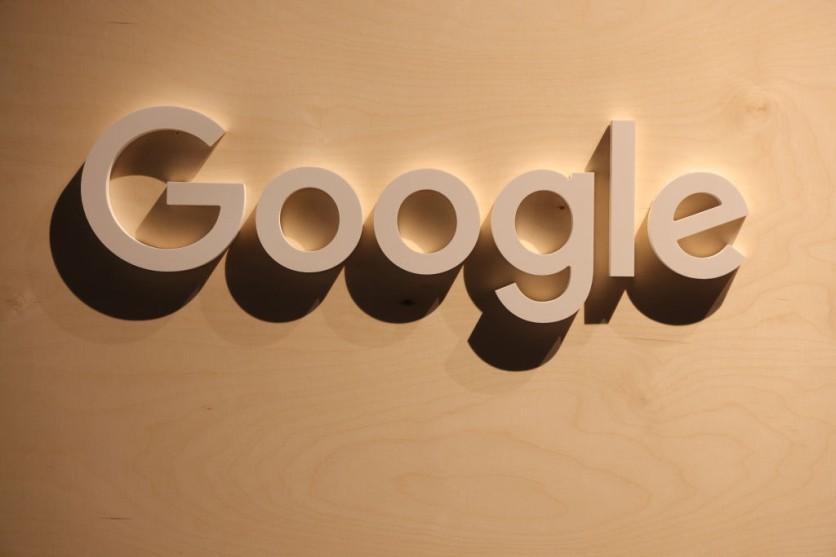Epic Games and Match Group are now planning to expand their lawsuits against Google. The two companies are now accusing the search giant of paying off developed to create competing Android app stores. The motion was filed on Friday with a federal court in the Northern District of California.

The two companies are referring to several agreements like the Project Hug, which was later called "Apps and Games Velocity Program," wherein the search giant spent millions of dollars on keeping some of Android's most popular developers on the Play Store, according to the complaint by Epic that was filed last year.
The motion states that Google committed a "per se" of the Sherman Act, the main US antitrust law. Under this act, per se, violations don't need a plaintiff to show how a specific behavior negatively affected the market because it's accepted such actions like reducing competition.
The motion follows as both companies reach temporary agreements with Google earlier this year to ensure apps remain on the Play Store while they resolve their litigation.
Google Will Set the Record Straight
According to Engadget, Google will oppose the motion as the search giant said that these are inaccurate claims and they are looking forward to setting things straight in court. Google also made it clear that the program Epic and Match were referring to only provides incentives for developers to give benefits and early access to Google Play users when they release new or updated content.
With that, it doesn't prevent developers from creating competing app stores. Google also stated that the program is evidence that Google Play competes fairly with other rivals for developers.
Google also pointed out that the program is free, and developers can choose to take advantage of it or not. This was also made clear in the terms and conditions of the program.
The Consequences
This dispute will put its Android facing more scrutiny not only in the United States but in other parts of the world. And it will also put into question the way Google runs the Android ecosystem in general. Google uses Android as its main revenue generator, an open-source operating system that serves as a gateway to the company's own apps and services.
The lawsuit that is now ongoing in the United States will definitely have an impact on the international market and on users. Meaning that Google might be forced to make changes in the way it runs Android and incentivizes developers to keep them on the Google Play store rather than switching over to one that is not controlled by the search giant.
Suppose Google doesn't change some parts of its business, it apparently signed a consent deal with the FTC. Google Play might potentially face some serious legal action on both international and domestic levels.
Related Article: Google Faces Another Anti-Competitive Criticism About Play Store | Developers Have to Pay 30% Revenue
This article is owned by Tech Times
Written by April Fowell
ⓒ 2026 TECHTIMES.com All rights reserved. Do not reproduce without permission.




